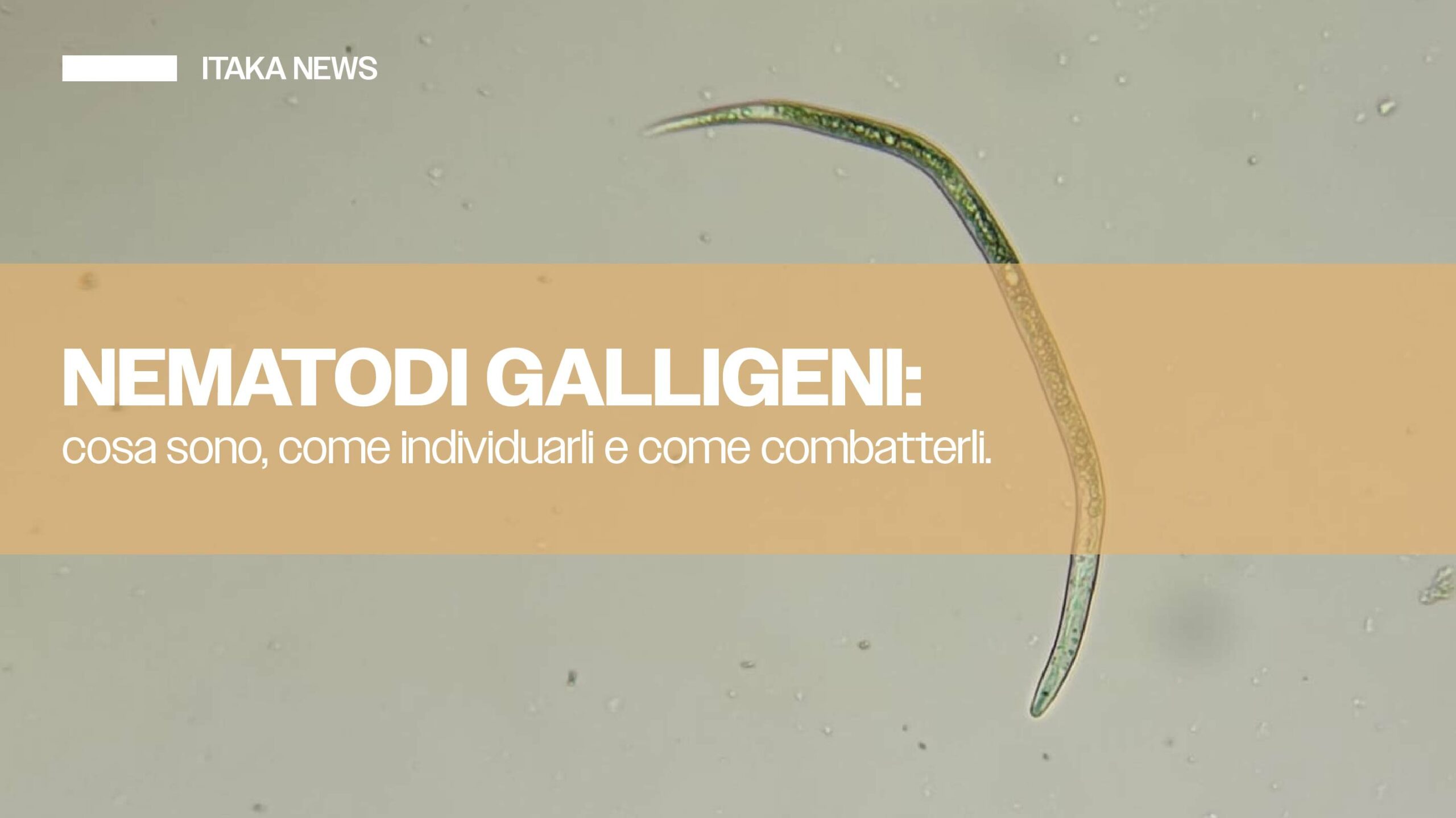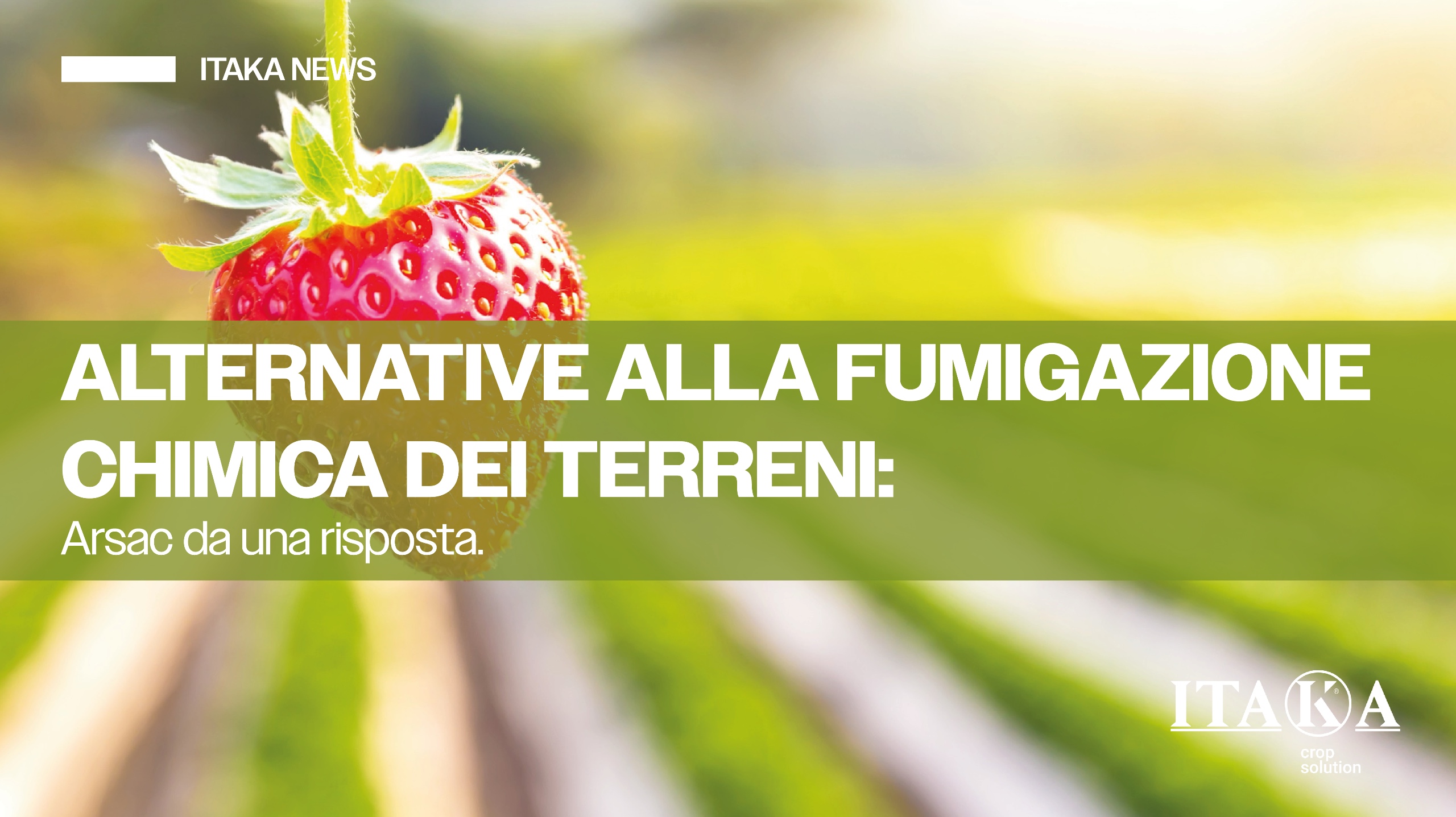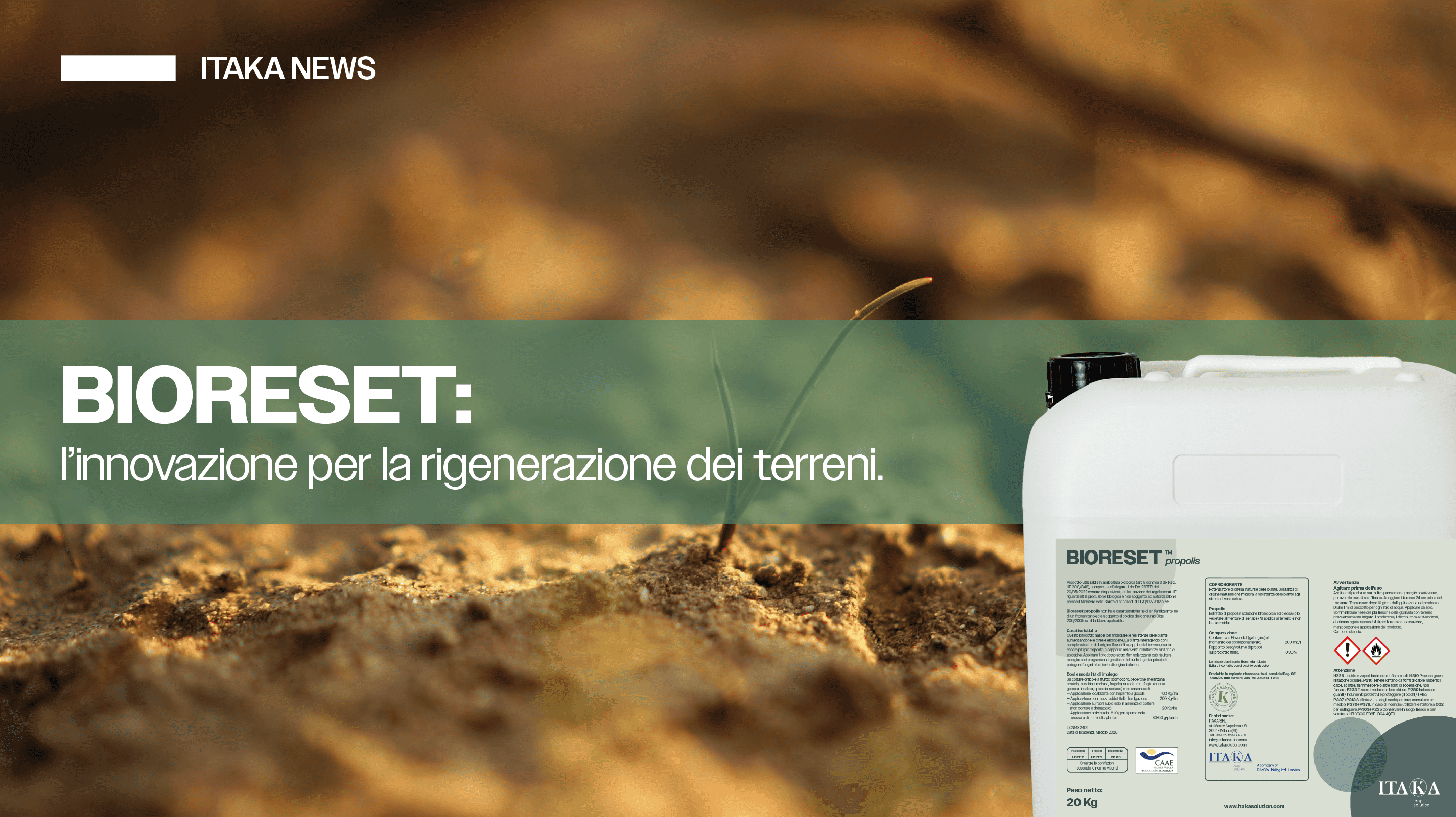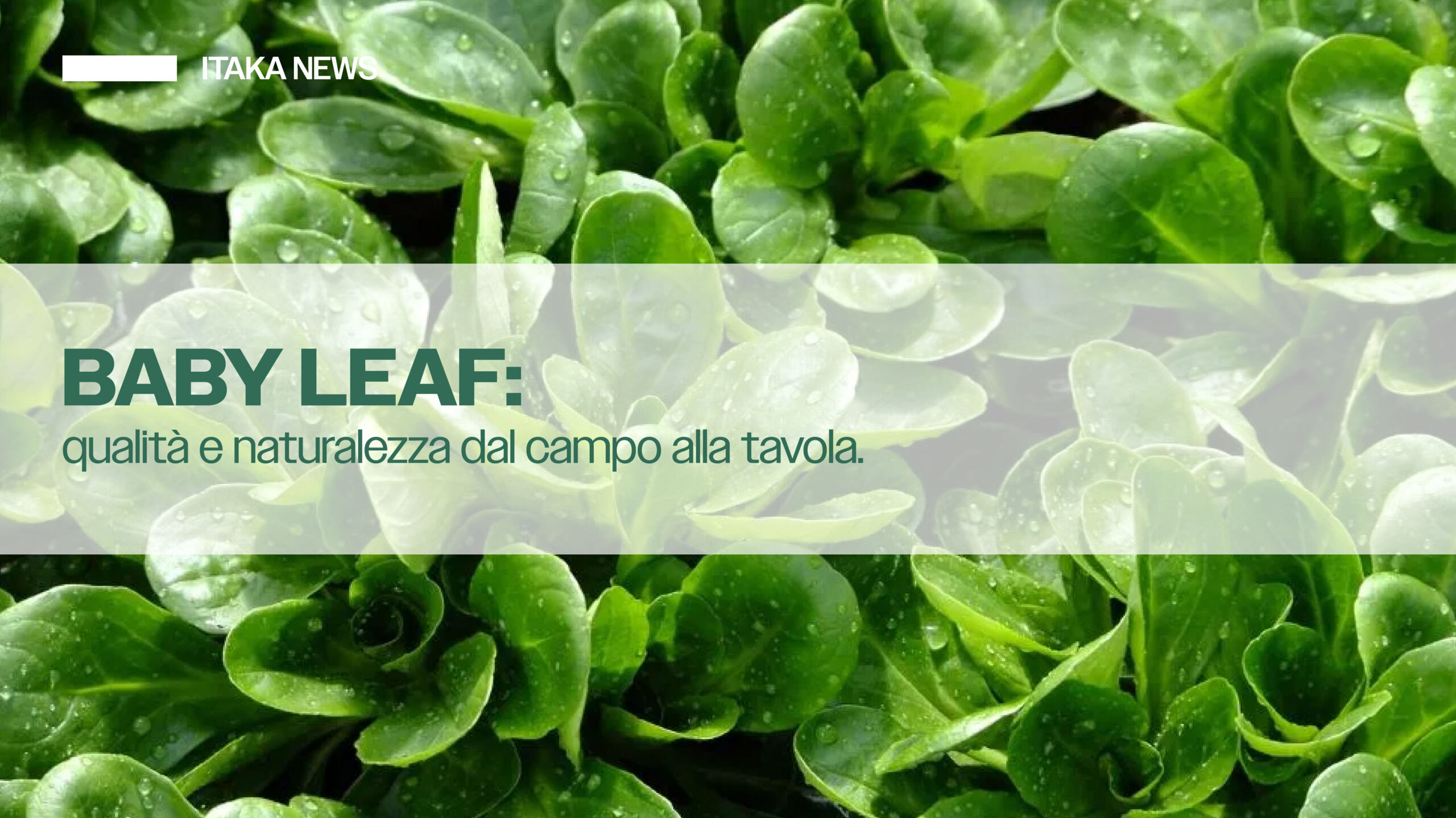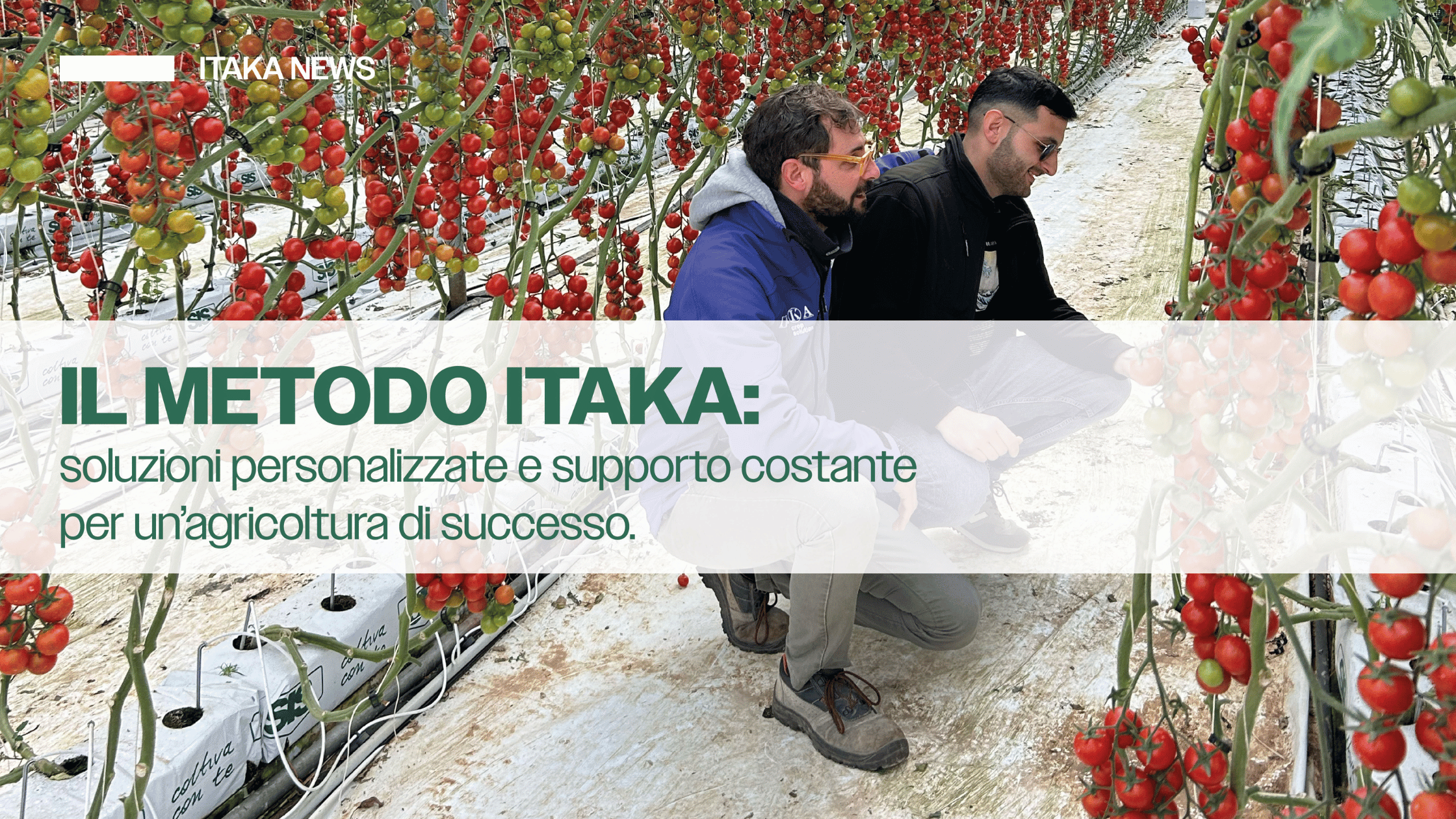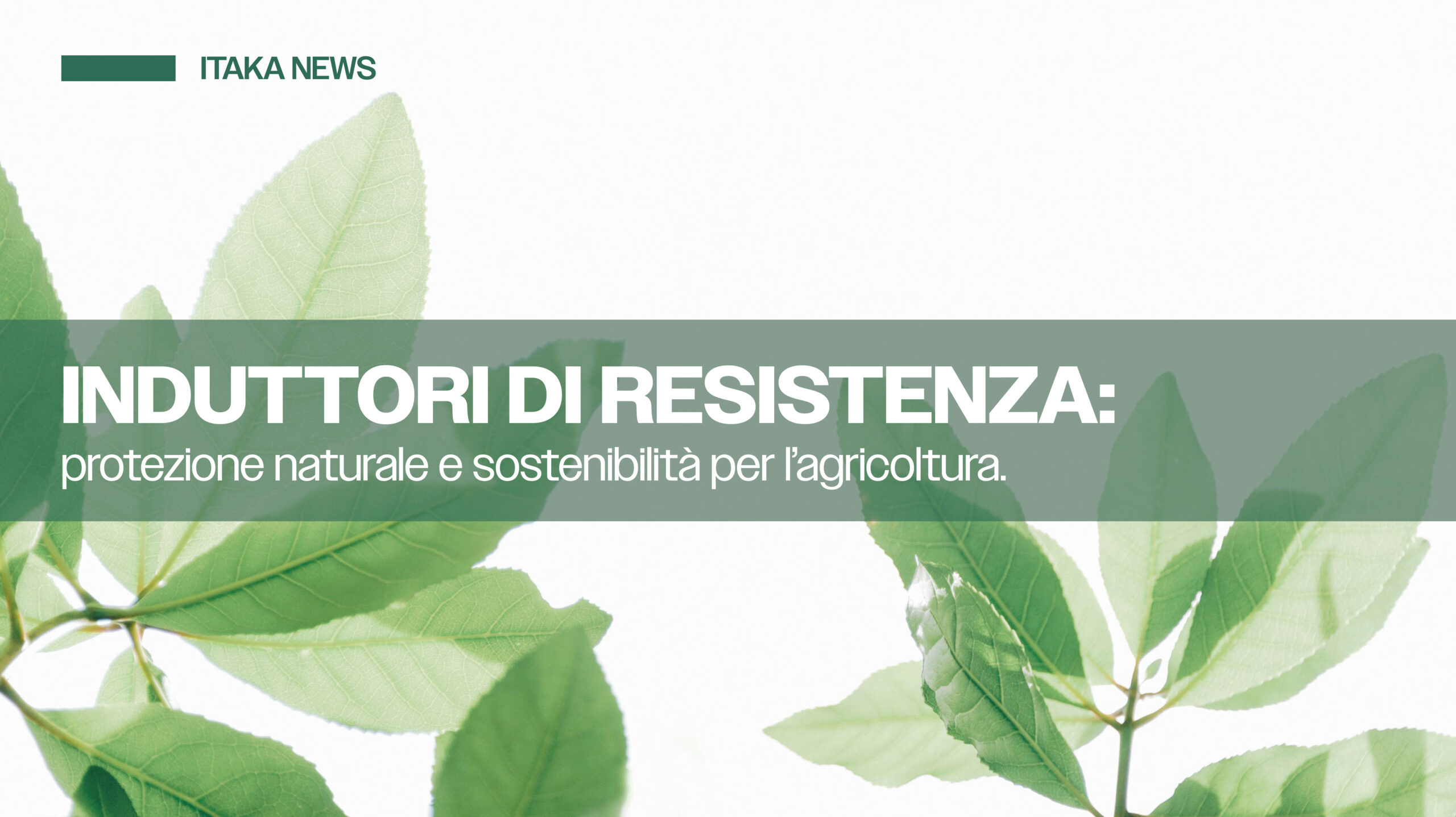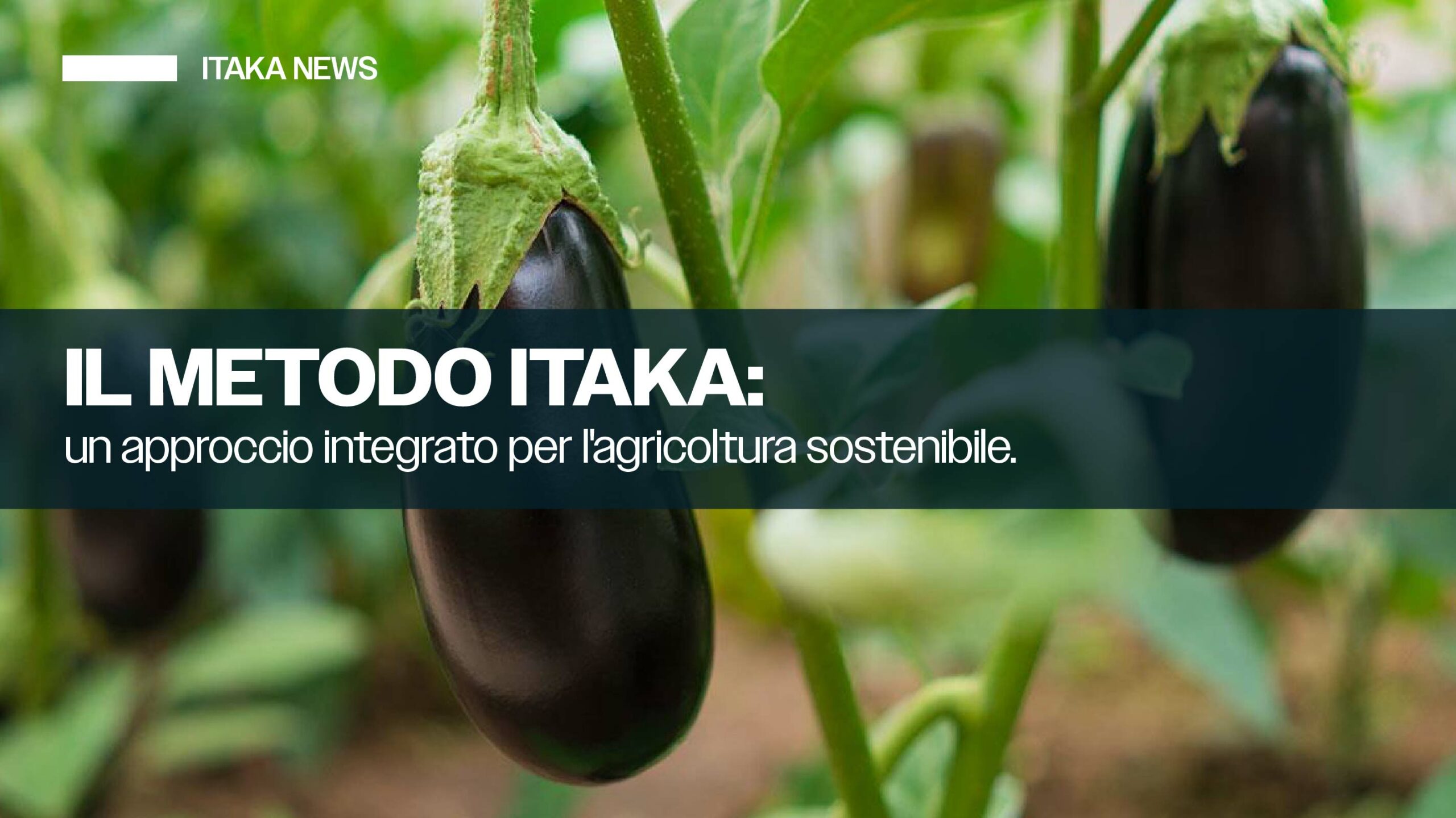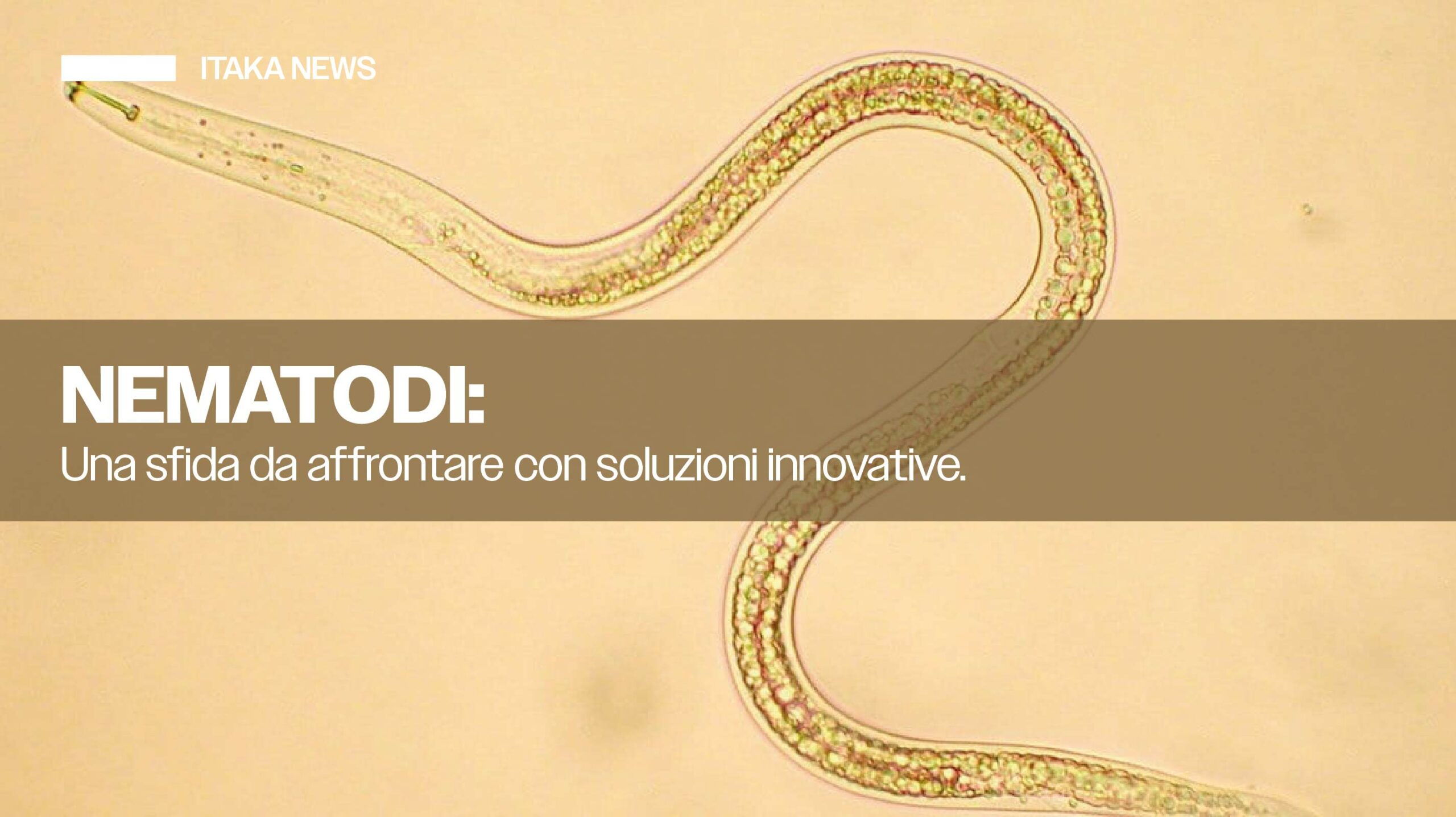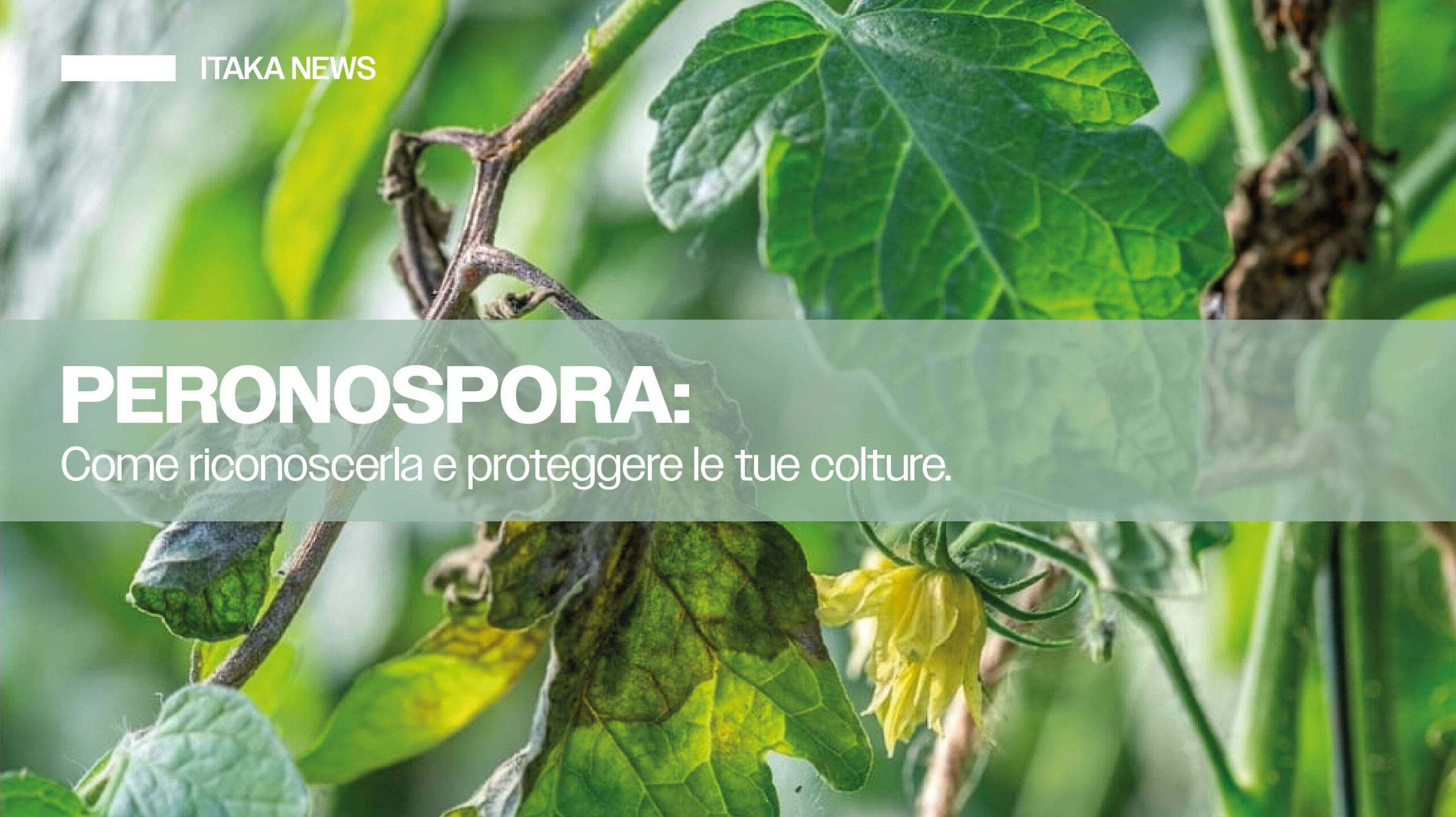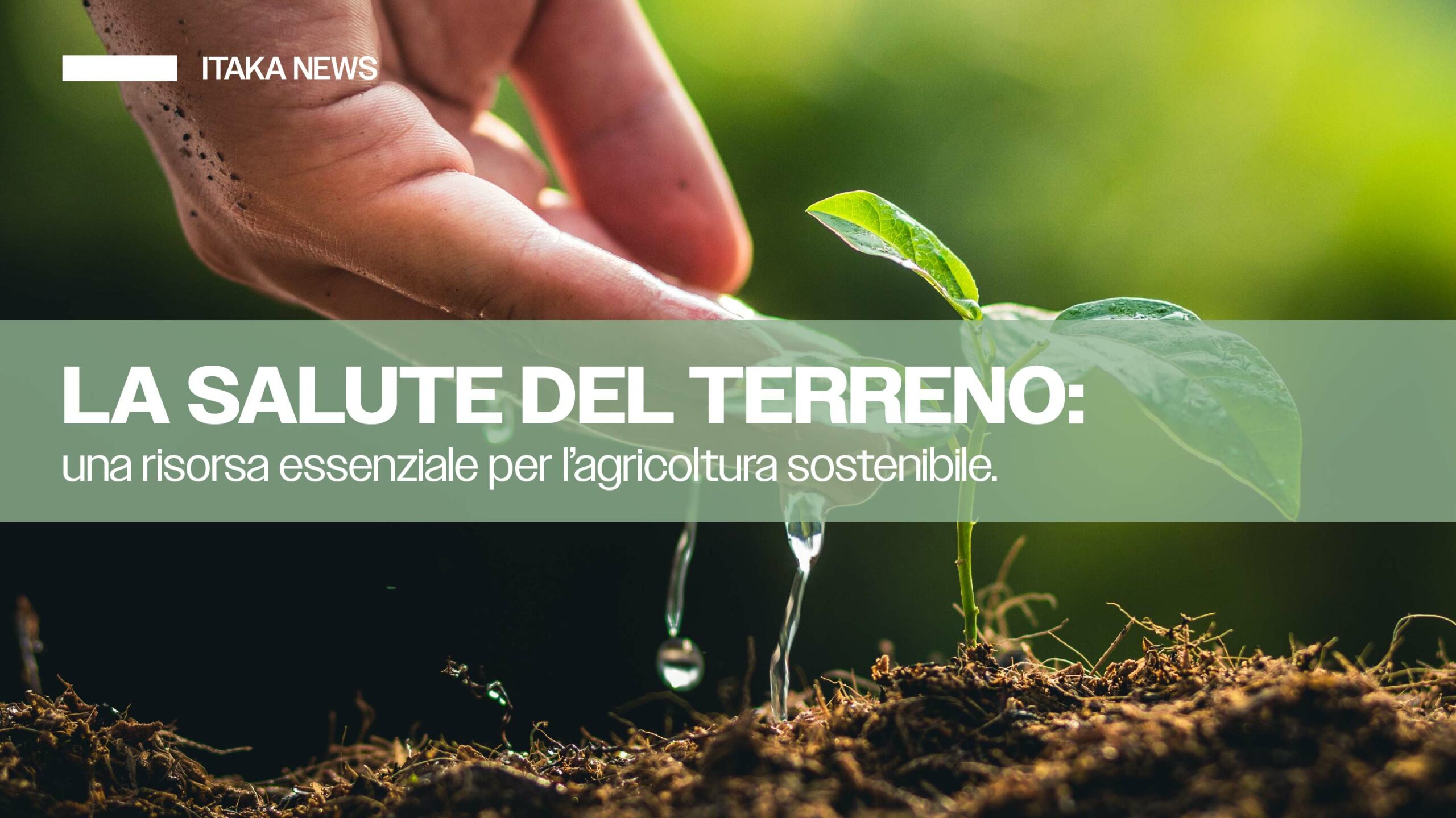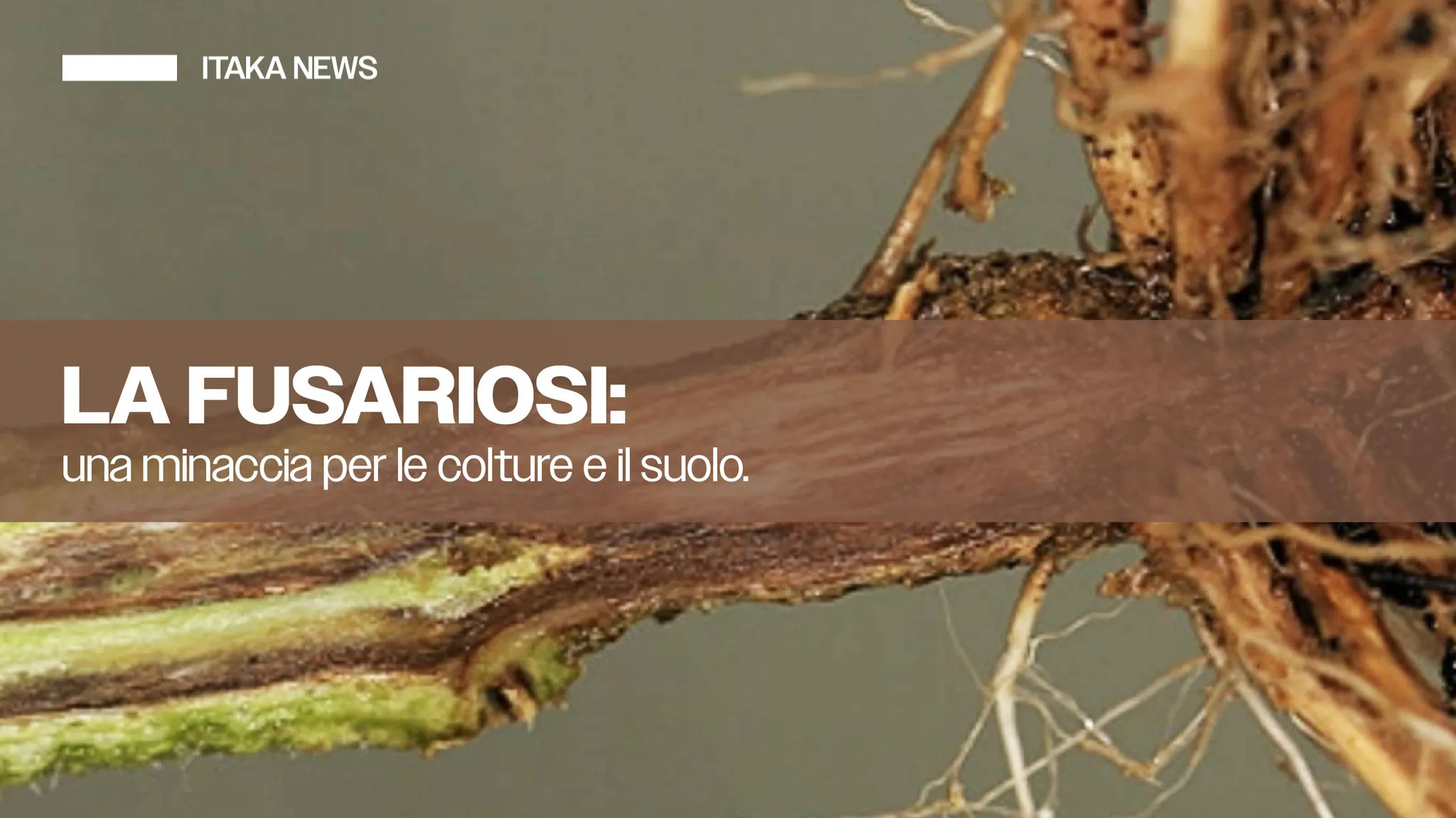What are gall nematodes
Galls nematodes are small parasitic worms that attack the roots of many plants, causing the formation of galls or swellings. These pests feed on root tissues, impairing the plant’s uptake of water and nutrients. The most common gall nematodes belong to the genus Meloidogyne and can infest a wide variety of crops, causing significant crop losses.
When the nematode attack occurs
Gall nematode attack can occur at any time during the plant growing season. However, symptoms are often most noticeable during periods of stress, such as drought or nutritional deficiencies. Infested plants may show stunted growth, yellowing of leaves and wilting, even when the soil is sufficiently moist. The presence of galls on the roots is a clear sign of nematode infestation.
How to counter nematode attack
The nematode cycle is about 25-40 days depending on temperature. There are two stages of greatest vulnerability: eggs and second-generation J2 larvae. To counteract the development of gall nematodes, it is important to disfavor conditions during these two phases by taking an integrated approach that includes:
- Crop rotation: alternate susceptible crops with resistant or non-host nematode crops.
- Use of resistant varieties: choose cultivars that are resistant or tolerant to nematodes when available.
- Soil solarization: cover the soil with clear plastic sheeting during the summer months to raise the temperature and reduce nematode populations.
- Organic soil conditioners: incorporate organic matter into the soil to improve overall plant health and promote beneficial microorganisms that can fight nematodes.
- Population reduction:
- For eggs, use nematode antagonistic fungi or bacteria, such as Paecilomyces lilacinus or Bacillus firmus
- For larvae, intervene with biological nematicides or resistance inducer-botanicals, such as garlic or onion extract.
Itaka’s solutions
Itaka offers a range of products and services to help farmers manage problems caused by gall nematodes. Our team of experts can provide customized advice to assess the nematode population present and develop a tailored management plan. In addition, we offer high-quality biosolutions and effective botanicals to combat these pests in a sustainable way.
Do you want counseling? Contact us
If you suspect that your crop is infested with gall nematodes or would like advice on preventing these problems, please do not hesitate to contact our team of experts. We are here to help you protect your plants and maximize your harvest. Visit our website or call us to schedule a personalized consultation.
